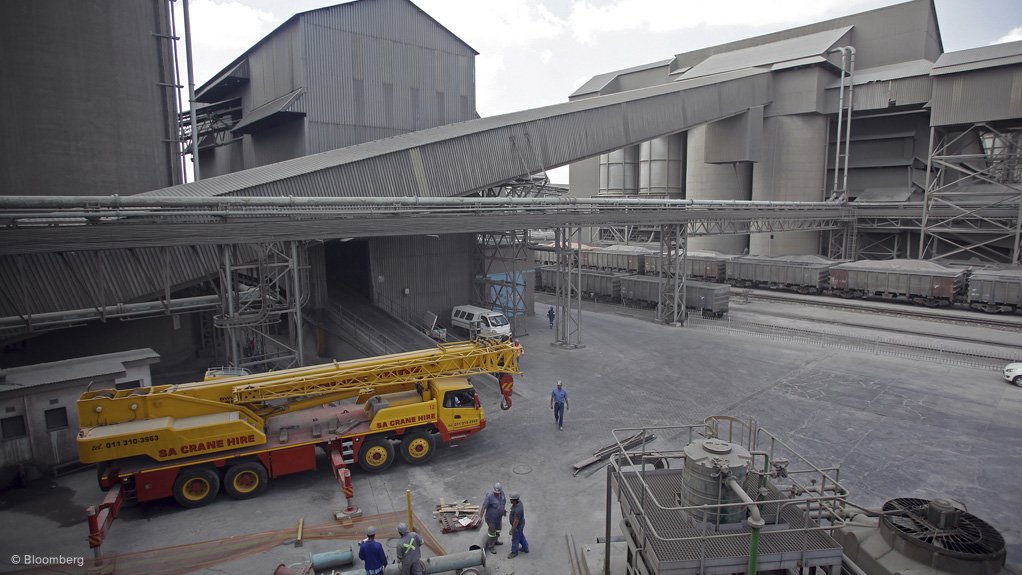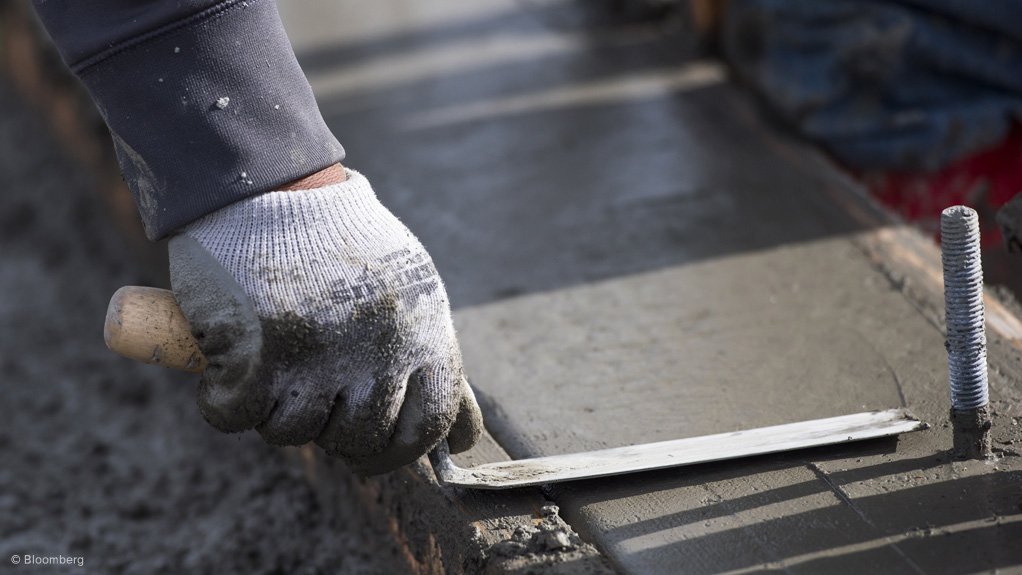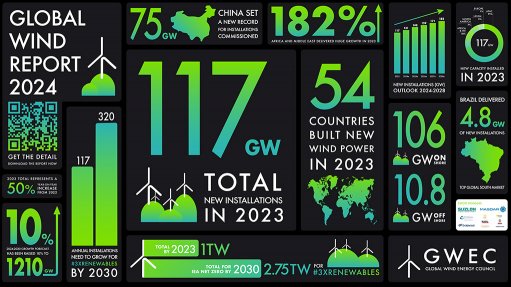Job creation, energy cost reduction key to achieving AU vision



PPC CEMENT The modernisation of the industry will help drive growth in Africa
CEMENTING ITS PRESENCE PPC Cement believes that partnering with new industires will yield greater development
In order to achieve the African Union’s (AU’s) vision of an integrated, prosperous and peaceful Africa, driven by its own citizens and representing a dynamic force in the global arena by 2063, it is imperative to source innovative means to reduce the costs of sustainable energy and mobility and, in turn, create jobs for youth and women, says specialist cement company PPC.
The AU’s Vision 2063, first shared with the world in May 2013, calls for a paradigm shift for the African continent.
“Over two years later, it remains difficult to measure short-term traction in many respects. Disparate rates of development, a critical need for infrastructure, ongoing political unrest and Africa’s growing youth bulge are all constant reminders of the work, and potential, that lies ahead of us,” notes PPC Rwanda Cimerwa CEO Busisiwe Legodi.
The challenge facing public and private entities, as well as investors, on the continent, is how to drive individual and strategic devel- opment, she says, adding that coordinating efforts towards the achievement of this vision – against the backdrop of its realisation only being in 50 years’ time – is important.
PPC believes that the vision has created a compelling call to action for both the public and private sector to form partnerships for the growth and development of Africa.
“Creating a sustainable future for Africa demands growth and development both in terms of infrastructure and clean energy. We also have to meet ever-growing consumer demands against the backdrop of climate change, resource scarcity and an increasingly youthful population,” she explains.
Legodi points out that modernisation has a key role to play with regard to innovative solutions to building and sustaining the momentum needed for long-term development. It gives much-needed impetus to Africa’s indus- trialisation and beneficiation ambitions.
Further, she explains that modernisation and transformation are processes where new, more productive activities arise and resources move from traditional activities to newer ones. “This is continuing within some manufacturing and processing sectors.”
Moreover, Legodi says that modernisation in Africa is about far more than creating additional sources of products, it boosts overall competitiveness, while simultaneously supporting the development and construction of up- and downstream industries. She explains that much of this growth happens as a natural extension of the original investment.
From 2016 to 2020, the growth in emerging construction markets is expected to record a 5.3% yearly expansion, compared with the construction industries that operate in advanced economies, which are forecast to expand by 2.2% a year on average.
“By partnering with new industries and players, one is able to set the stage for even greater development and, ultimately, position all parties concerned for a sustainable future,” she elaborates.
However, PPC international operations MD Njombo Lekula points out that Africa cannot be treated as a standardised entity if growth and development are to increase.
“It’s imperative that we critically review the value chain through its various stages, against the backdrop of Africa’s vision and sustainable growth imperatives,” he explains.
Following the economic crisis – as well as during the recovery process – emerging eco- nomies have cemented their roles as critical drivers of global growth and this supports the vision of the future that the AU has.
Africa is one of the fastest emerging eco- nomies and, in 2016, the gross domestic product was expected to strengthen to 5% after experiencing subdued expansion of –3.5% and –3.9% in 2013 and 2014 respectively. In 2014, the domestic demand in many countries was boosted by private consumption and public infrastructure investment.
“The supply side growth within Africa was mainly driven by agriculture, extractive industries, construction and services and, to a small degree, by manufacturing, in 2014. However, many African economies have been rather resilient to the sharp fall of international commodity prices,” notes Lekula.
Despite the sombre appearance of economic activity taking place on the African continent, there are positive effects as lower oil prices ease inflation, increase real incomes and strengthen export markets. However, countries such as Angola have been deeply affected by the drop in oil prices.
“If we’re able to take a collective approach to growing and the modernisation of key industries, we can potentially mobilise regions towards self-reliance and sustainability,” concludes Legodi.
Comments
Press Office
Announcements
What's On
Subscribe to improve your user experience...
Option 1 (equivalent of R125 a month):
Receive a weekly copy of Creamer Media's Engineering News & Mining Weekly magazine
(print copy for those in South Africa and e-magazine for those outside of South Africa)
Receive daily email newsletters
Access to full search results
Access archive of magazine back copies
Access to Projects in Progress
Access to ONE Research Report of your choice in PDF format
Option 2 (equivalent of R375 a month):
All benefits from Option 1
PLUS
Access to Creamer Media's Research Channel Africa for ALL Research Reports, in PDF format, on various industrial and mining sectors
including Electricity; Water; Energy Transition; Hydrogen; Roads, Rail and Ports; Coal; Gold; Platinum; Battery Metals; etc.
Already a subscriber?
Forgotten your password?
Receive weekly copy of Creamer Media's Engineering News & Mining Weekly magazine (print copy for those in South Africa and e-magazine for those outside of South Africa)
➕
Recieve daily email newsletters
➕
Access to full search results
➕
Access archive of magazine back copies
➕
Access to Projects in Progress
➕
Access to ONE Research Report of your choice in PDF format
RESEARCH CHANNEL AFRICA
R4500 (equivalent of R375 a month)
SUBSCRIBEAll benefits from Option 1
➕
Access to Creamer Media's Research Channel Africa for ALL Research Reports on various industrial and mining sectors, in PDF format, including on:
Electricity
➕
Water
➕
Energy Transition
➕
Hydrogen
➕
Roads, Rail and Ports
➕
Coal
➕
Gold
➕
Platinum
➕
Battery Metals
➕
etc.
Receive all benefits from Option 1 or Option 2 delivered to numerous people at your company
➕
Multiple User names and Passwords for simultaneous log-ins
➕
Intranet integration access to all in your organisation




















